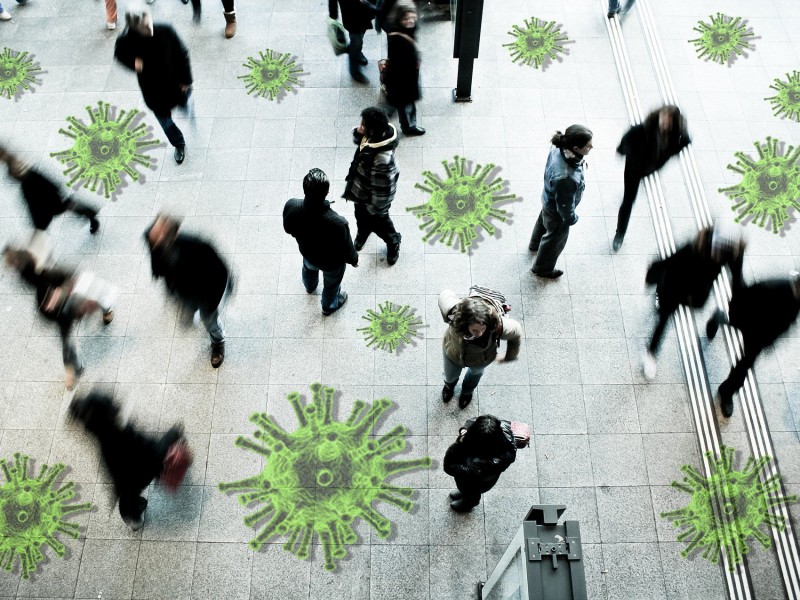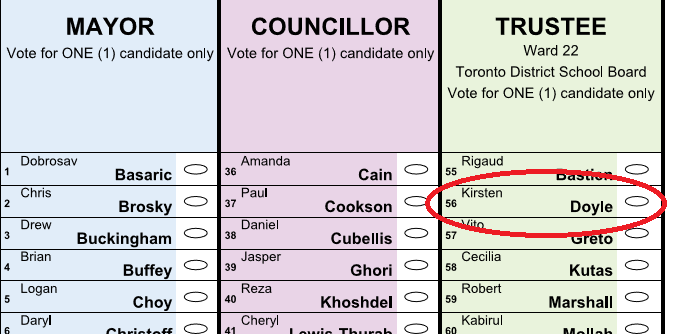Last year, I wrote web content for a facility called Addiction Rehab Toronto. I was working nights at the time, staying up long after the family had gone to bed, doing research, learning heartbreaking things about addiction and reading gut-wrenching real-life accounts written by addicts and their loved ones.
Addiction is one of those subjects that people are not comfortable with. It is far easier to marginalize addicts than it is to try to understand them and help them. People living in poverty also experience this, and both groups suffer as a result of the widespread assumption that drug addiction and poverty go hand-in-hand.
In several parts of the world, this assumption has resulted in legislation being proposed – and sometimes implemented – requiring people to test “clean” for drugs before being allowed to receive social assistance. Proponents of plans like this believe that poor people choose to spend their money on drugs instead of food, and that governments should not be expected to finance addictions.
There are many problems with legislation like this, though, one of which is that it seems mean-spirited for us to choose who to feed based on our oft-misguided preconceptions. I believe that drug testing for welfare applicants is both ineffective and ethically wrong, and here are a few reasons why:
- It is based on the assumption that people with addictions are acting out of choice. While most addictions start with a choice to ingest a substance, people with established addictions no longer have the power to choose. Addiction is classified by many government health bodies and by the World Health Organization as a disease, and it should be treated as such.
- It implies a link between addiction and poverty that does not exist. There is a perception that those with addictions are unemployed people who go to dodgy street corners to get their “fixes”. In reality, many addicts have jobs, homes and families. Addiction is by no means a poor people’s syndrome, and mandatory drug testing only serves to stigmatize both poverty and addiction.
- Drug testing only tests for the presence of drugs at a single point in time. Most drugs can be detected in the urine for up to four days after a single use. Some drugs will continue to show up for over a month following prolonged use. If someone tests positive for marijuana, it does not automatically follow that that person habitually uses marijuana. It is possible that the individual took a few hits of a friend’s joint at a party the previous weekend.
- Legal substances can yield positive results. 5-10% of positive drug tests are thought to result from legitimate use of painkillers, antidepressants, antihistamines and a number of other prescription and over-the-counter medications. Nobody should be denied social assistance simply for taking an allergy pill on the day of their drug test.
- Mandatory drug testing programs have cost more than they have saved. Drug testing programs have been implemented in some places, and they have been costly. In Tennessee, for example, just 0.2% of the people included in the drug testing program tested positive. Even when you add in the people who were denied benefits because they refused to be tested, the number goes up to less than half a percent.
At the end of the day, poor people and people with addictions are human beings. It is inhumane to subject poor people to drug tests just because they’re poor, and it is inhumane to block someone’s access to social assistance just because that person suffers from an addiction. Money that is currently being used or slated for mandatory drug testing would be better used if it were channeled toward helping people overcome their addictions.
We need to move toward a world in which we can help people without judging them.
This is an original post by Kirsten Doyle. Photo credit: Nightlife of Revelry. This picture has a creative commons attribution license.





'5 Reasons Why Drug Testing Welfare Applicants Is A Bad Idea' has no comments
Be the first to comment this post!